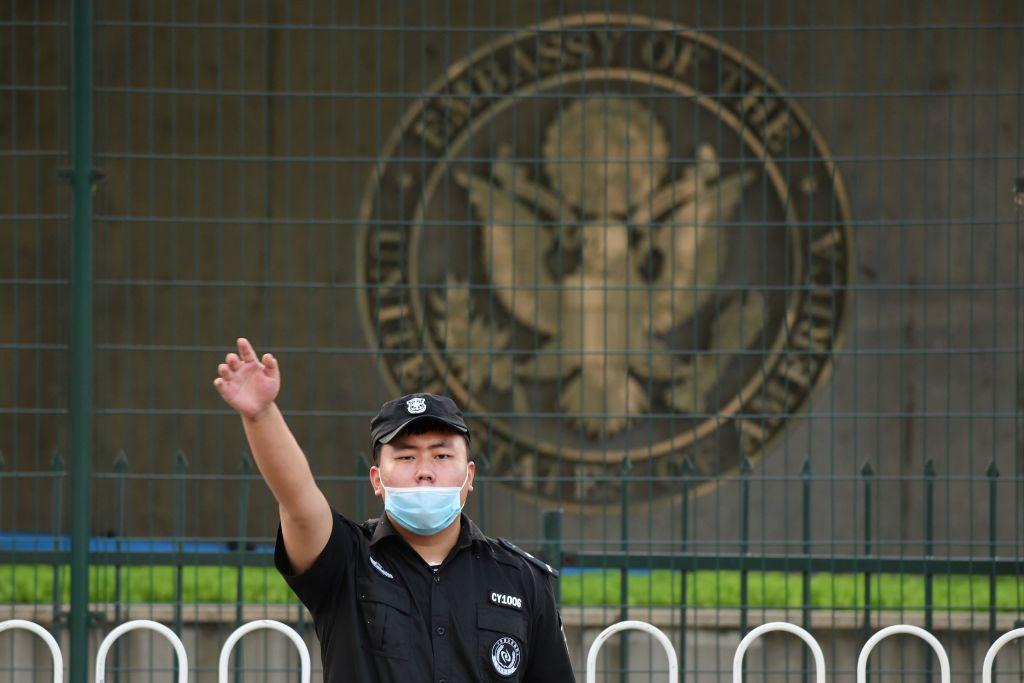The U.S. Embassy in Beijing is urging American citizens to postpone travel to and within China as the country continues to enforce its strict “zero-COVID” policies that risk blocking access to essentials like food, water, and medicine.
The embassy said in a Nov. 30 advisory that the quickly changing situation with COVID-19 in China and Beijing’s continued enforcement of strict policies to curb the spread of the virus could lead to interruptions in the supply of food, water, medicine, and other essentials.





